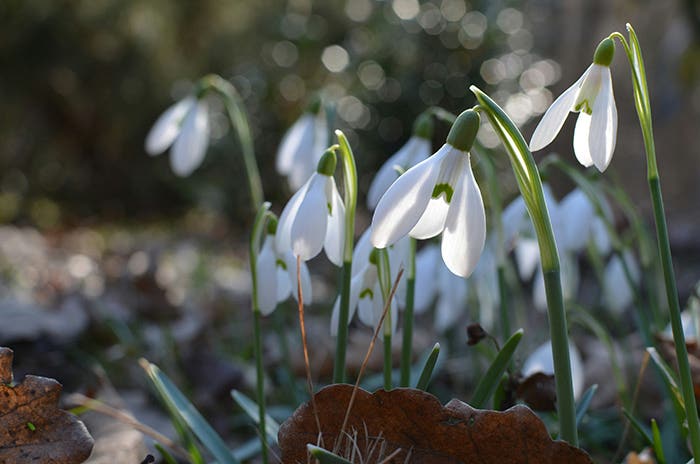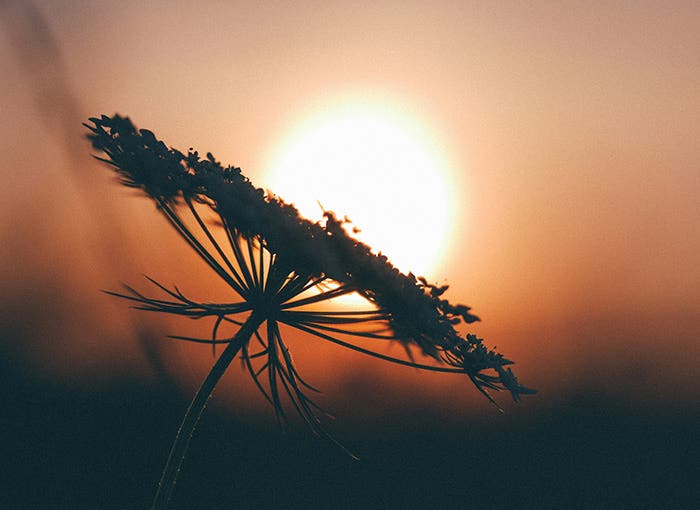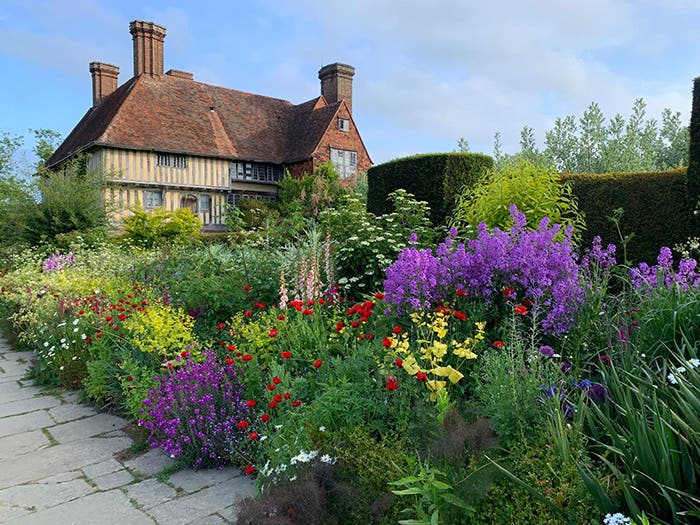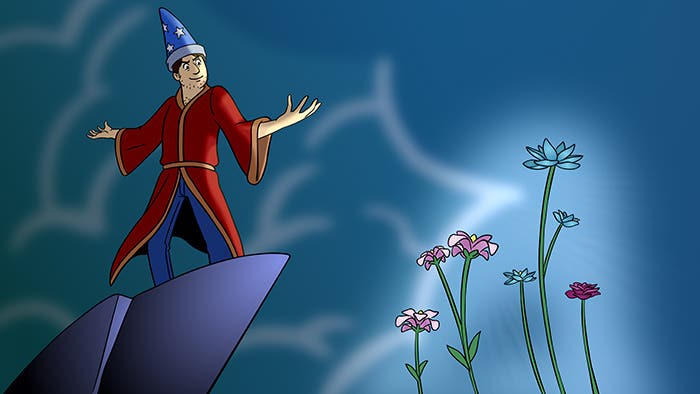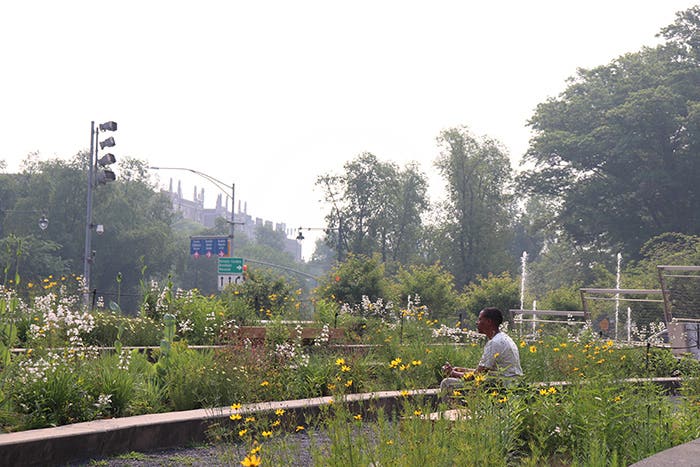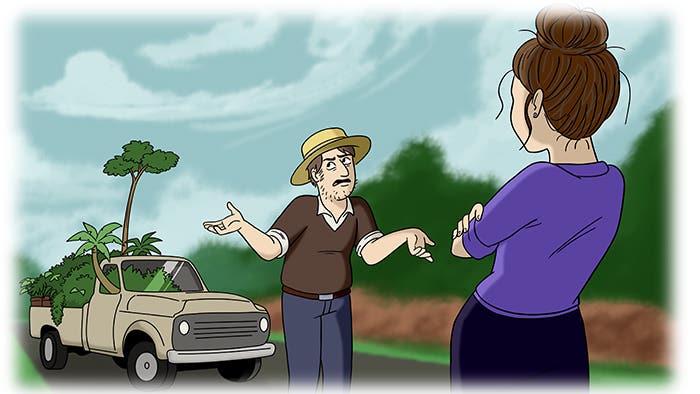Permission to Garden
After I’ve been outdoors only a few minutes, I swear I can hear the wail of the computer calling me back to the keyboard. We don’t give ourselves permission to garden; in fact, in today’s world, we don’t even give ourselves permission to be quiet.
Gardening is not what I do for a living. True, I take photographs of, and write books about, gardens. I deal with editors, TV executives, and fly around the country giving lectures about gardening. But gardening is primarily what I do for pleasure, and the garden is where I go to escape from the “real” world. Connecting with nature, the soil, and growing plants still holds all the fascination it did when I pushed toy cars through the dirt and planted sunflower seeds nearly a half-century ago.
That's why I hate the word hobby or pastime when it's applied to gardening. To me, this characterization devalues all that our obsession stands for. The popular media are always telling us how to get the garden done in no time at all. But what these marketers fail to realize is many of us don't want that: we want to spend more time in our gardens practicing our art. Some people say gardens are too ephemeral to be art. Yet great chefs are considered artists in spite of the fact that their creations won't last three hours, let alone three seasons or three decades. Their art may be lunch.
When I asked my friend, the sculptor Marcia Donahue, about the role of folk art in the garden, she said she hated applying names and categories to art. If you like it, it's art—there's no high or low. And if you make something in the garden to please yourself, rather than the neighbors or arbiters of taste, then you're onto something great.
But here's the hitch—how does making art increase the family income or answer the demands made on your time? There are the kids to be picked up from soccer practice, or surgery to be done, or corporations to sue. After I've been outdoors only a few minutes, I swear I can hear the wail of the computer calling me back to the keyboard. We don't give ourselves permission to garden; in fact, in today's world, we don't even give ourselves permission to be quiet.
Maybe we need to look at gardening from a different angle. Consider how gardening makes you feel when you slip into those private moments. I know a lot of gardeners, for example, who claim to enjoy weeding. “It's my meditative therapy,” one friend says. And what about the satisfaction that comes from helping another living creature to thrive? Perhaps you've planted a tree that you will enjoy for the rest of your life, and that will be a gift to future generations. Taking this a step further, if you garden in a way that respects the environment, you can end up leaving the earth, or at least your little piece of it, better off than you found it.
Even medical research has shown that merely looking at a garden is beneficial. Color, fragrance, the feel of the breeze, and the sound of rustling leaves or moving water can all lower blood pressure. I know that I am soothed by the too-short time I spend in the garden, even when I have to contend with dying plants, Japanese beetles, and other frustrations.
I may never sit still when I'm in the garden, but I find relaxation nonetheless. When I'm coaxed by a guest to sit down on one of the benches I've placed in a choice spot, I'm up in a flash to deadhead a daylily or fluff a hydrangea. But I wouldn't have it any other way. The guest thinks I'm crazy, that I work too hard. He or she doesn't understand that it isn't work at all.
Perhaps it goes against our puritan ethic to do something that doesn't put food on the table, but merely feeds the soul. The restorative power of the garden cannot be denied. The hours we spend in the garden will help us in other parts of our lives. Rested and reinvigorated, we'll be better writers, photographers, doctors, lawyers, and soccer moms.
I don't need to give you permission to garden. But I'm going to work a little harder to give it to myself. H


